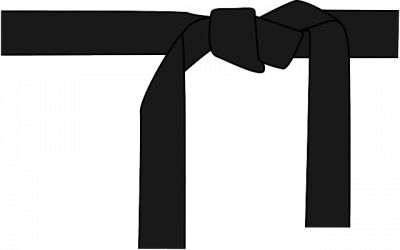RETOS DE LA PROFESIONALIZACIÓN DE LA EDUCACIÓN SUPERIOR EN ECUADOR: LECCIONES EXTRAPOLADAS DE LA EXPERIENCIA JAPONESA
CHALLENGES OF THE PROFESSIONALIZATION OF HIGHER EDUCATION IN ECUADOR: LESSONS EXTRAPOLATED FROM THE JAPANESE EXPERIENCE
Fecha recibido: 01/02/2022 | Fecha publicado: 07/02/2022 | Fecha corregido: 07/02/2022 |Autores
Otto Federico von Feigenblatt y Carlos Gavilondo
RESUMEN
La educación superior ecuatoriana ha sufrido grandes cambios en las últimas dos décadas. Las reformas iniciadas por el exmandatario Rafael Correa han continuado promoviendo un estricto proceso de profesionalización de la educación superior en el país suramericano. Retos como la transformación de un cuerpo docente mayoritariamente con credenciales de educación superior a nivel de grado a un cuerpo docente de nivel doctoral, el cambio de énfasis de la docencia a la investigación, y grandes retos desde el punto de vista político-económico, han resultado en periodos de oscilación institucional y altos niveles de conflicto entre los diferentes grupos interesados. La experiencia japonesa de restructuración e internacionalización de su educación superior a finales de los años 90 y a principios del siglo XXI ayudan a identificar algunas mejores prácticas que se podrían aplicar en otros países que están enfrentando dificultades en este difícil proceso. Este estudio concluye que parte del proceso debe incluir un cambio drástico en la estructura de incentivos a nivel macro y también una centralización administrativa temporal para lograr superar las etapas más dolorosas de la transformación.
Palabras clave: educación superior, reforma educativa, Ecuador, Japón
CHALLENGES OF THE PROFESSIONALIZATION OF HIGHER EDUCATION IN ECUADOR: LESSONS EXTRAPOLATED FROM THE JAPANESE EXPERIENCE
ABSTRACT
Ecuadorian higher education has undergone major changes in the last two decades. The reforms initiated by former President Rafael Correa have continued to promote a strict process of professionalization of higher education in the South American country. Challenges such as the transformation of a faculty mostly with higher education credentials at the undergraduate level to a faculty at the doctoral level, the shift of emphasis from teaching to research, and great challenges from the political-economic point of view, have resulted in periods of institutional oscillation and high levels of conflict between the different interested groups. The Japanese experience of restructuring and internationalizing its higher education in the late 90s and early twenty-first century helps to identify some best practices that could be applied in other countries that are facing difficulties in this difficult process. This study concludes that part of the process must include a drastic change in the incentive structure at the macro level and it has also resulted in a temporary administrative centralization to overcome the most painful stages of the transformation.
Keywords: higher education, educational reform, Ecuador, Japan


